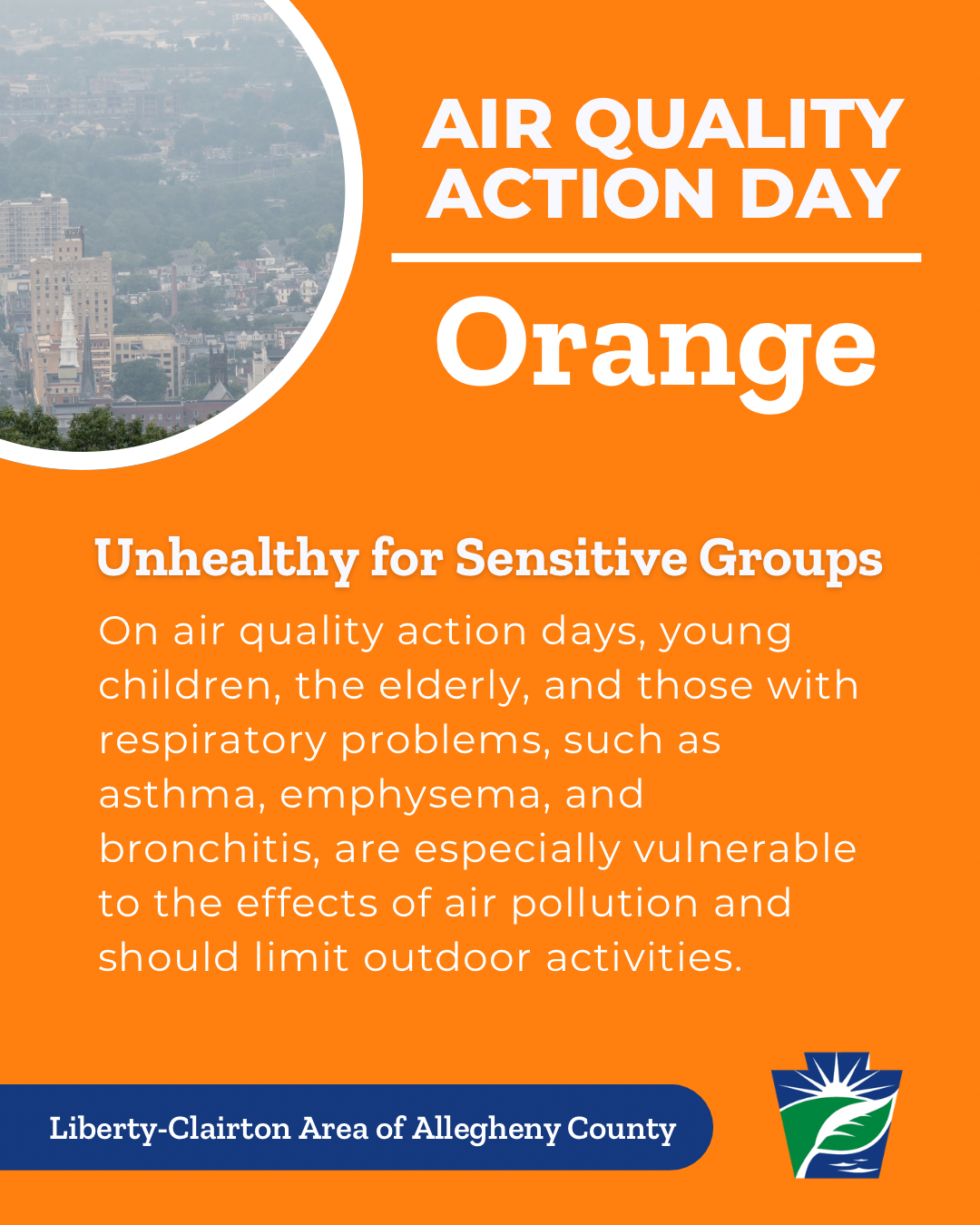Faith + Action = Resilience: Philippines Prepares for Disasters, One Community at a Time
The discourse “Resilience in the Face of Crisis: A Multi-Dimensional Analysis of Community and Church Roles in Disaster Preparedness and Response” encapsulates the critical themes of resilience, comprehensive analysis of multiple factors, and the pivotal roles of communities and religious institutions in disaster management
In the wake of recent seismic shocks in Mindanao, there has been an increasing emphasis on the role of local communities in disaster risk reduction. Recognizing this need, a pivotal discussion was planned for December 22, 2023, with a focus on how communities, including churches, local officials, and household members, can contribute effectively to disaster preparedness and recovery efforts.
The Event in Mindanao: On December 22, a comprehensive discussion was held, aimed at discussing deeper into the role of the community in Disaster Risk Reduction. This event was particularly significant given the recent series of shocks in Mindanao. Attendees, including community members, and church leaders, gathered at the FVR Alliance Church in Barangay Fatima to discuss strategies and structures for actions to be taken before, during, and after disasters.
A key component of this gathering was a Focus Group Discussion (FGD), designed to capture the community’s viewpoints on risk assessment, incorporating factors like hazards, exposure, and vulnerability. This FGD played a crucial role in understanding how communities perceive risks and their preparedness levels.
Outcomes and Insights: The insights from the FGD were instrumental in shaping future strategies to mitigate the impact of potential seismic shocks. The discussion highlighted the importance of direct engagement with community members to gather valuable information, enhancing disaster risk reduction efforts at the local level. A call was made for Sangguniang Kabataan (SK) and Barangay officials to join these discussions, emphasizing the theme, “It takes a community to Bounce Forward.”
Post-Event Reflections: Following the successful event in Mindanao, a post on the success of the discussion was shared (by the speaker Joshua Vidal). The post thanked FVR Alliance Church in GenSan, Mindanao, for hosting the conversation, and expressed hope for a more sustainable and resilient future. The discussion was not just an end in itself but a starting point for ongoing efforts in building community resilience.
Next Steps: As a follow-up to the event, lectures focusing on the synthesis and reflections from the discussion will be held at the Department of Science in Basic Education (DSBE) on January 3, 2024, in Imus, Cavite, Philippines. These lectures aim to further disseminate the knowledge and insights gained, and to continue the momentum in building a more prepared and resilient community in the face of disaster risks.
Prepared, Not Scared: Imus Lecture Explores Multi-Dimensional Approach to Community Resilience

Following the insightful discussions and FGD held in Mindanao, the focus shifted to the educational sector with a special lecture at UCC Lounge-Science Department in Imus, Cavite. This event marked the first day of school, setting a tone of proactive learning and community engagement for the academic year.
The lecture titled “Community Resilience in the Face of Crisis: A Multi-Dimensional Analysis of Community and Church Roles in Disaster Preparedness and Response” not only served as an academic forum for discussing the roles of different community sectors in disaster management but also included a segment dedicated to the “Key Aspects of Disaster Risk Reduction (DRR).” This segment focused on four critical components:

The lecture pointed out that actions to reduce risks posed by climate variability are essential components of modern DRR strategies.
The inclusion of these key aspects aimed to provide students, and faculties with a holistic and strategic framework for understanding and engaging in disaster risk reduction, preparing them to contribute meaningfully to community resilience efforts in their future careers and civic engagements.
What is Your Reaction?
 Like
0
Like
0
 Dislike
0
Dislike
0
 Love
0
Love
0
 Funny
0
Funny
0
 Angry
0
Angry
0
 Sad
0
Sad
0
 Wow
0
Wow
0














































































